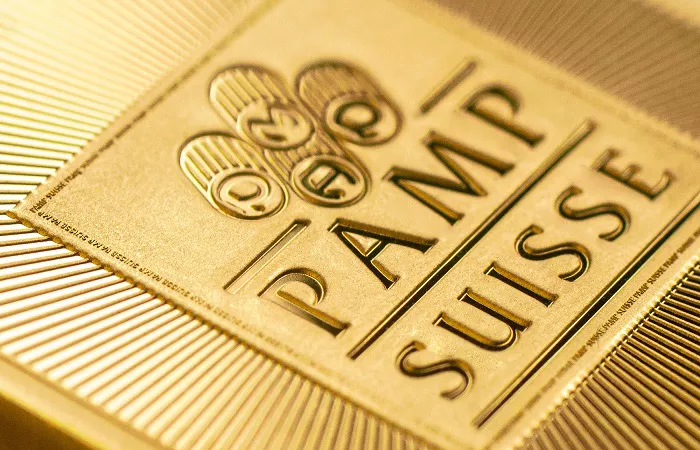Gold prices regained positive momentum on Wednesday, surpassing the key $3,000 mark during the Asian session. This resurgence follows a failed attempt to break the $3,022-$3,023 resistance level the previous day. Persistent concerns over the intensifying trade war and fears of a global recession have once again driven investors toward gold, a traditional safe-haven asset. Additionally, speculation around potential interest rate cuts by the U.S. Federal Reserve (Fed) this year, combined with continued selling pressure on the U.S. Dollar (USD), has provided further support for the non-yielding yellow metal.
One of the key catalysts for gold’s recovery is the ongoing tensions between the U.S. and China. Recent reports have suggested that China might be dumping U.S. Treasuries as a response to the extensive U.S. tariffs, contributing to a selloff in U.S. government bonds. This action could limit any fresh bullish bets on gold and potentially cap further price gains ahead of the release of the Federal Open Market Committee (FOMC) meeting minutes later today.
Looking ahead, market participants are eagerly awaiting U.S. inflation data later this week, which could offer more insights into the Fed’s rate-cut strategy and influence the gold market‘s direction.
Market Overview: Safe-Haven Demand Boosts Gold Prices
Trade tensions between the U.S. and China have escalated further, with White House Press Secretary Karoline Leavitt confirming that the U.S. will proceed with imposing a 104% tariff on Chinese imports, effective Wednesday. This announcement has heightened concerns that an all-out trade war could lead to a global recession, sparking a fresh wave of risk-averse trading and driving demand for gold as a safe-haven asset.
In response to these concerns, investors are increasingly betting that the U.S. economic slowdown, triggered by the tariffs, could prompt the Federal Reserve to resume its rate-cutting cycle sooner than expected. According to the CME Group’s FedWatch Tool, there is a more than 60% probability that the Fed will lower borrowing costs in May. Furthermore, the central bank is anticipated to implement five rate cuts in 2025.
As a result, the U.S. Dollar has weakened for the second consecutive day, despite hawkish remarks from Fed officials. San Francisco Fed President Mary Daly noted on Tuesday that monetary policy is in a “very good place,” though concerns remain over the inflationary impact of widespread tariffs. Chicago Fed President Austan Goolsbee also warned that U.S. tariffs have surpassed expectations and pose significant risks to U.S. importers with limited fallback options.
Fed Minutes and Inflation Data to Influence Gold’s Outlook
Investors are now looking ahead to the release of the minutes from the Fed’s most recent policy meeting, as well as key U.S. inflation figures—Consumer Price Index (CPI) on Thursday and Producer Price Index (PPI) on Friday. These reports will provide further guidance on the Fed’s policy direction, which could impact the U.S. Dollar and, in turn, influence the price of gold.
Technical Analysis: Key Levels to Watch for Gold Price
From a technical perspective, gold’s recent sharp decline from its all-time high has stalled near the 61.8% Fibonacci retracement level of the February-April rally. This level of support is located around $2,957-$2,956, which coincides with a multi-week low reached on Monday, and is closely followed by the 50-day simple moving average (SMA) near $2,952.
A convincing break below this support would likely trigger a new wave of bearish sentiment, potentially driving gold prices to the next support level around $2,920, followed by the psychological $2,900 mark.
On the upside, if gold manages to break through the immediate resistance around the $3,022-$3,023 range, it could pave the way for further gains. The next significant resistance levels are at $3,055-$3,056, with additional buying pressure possibly pushing prices toward the $3,100 mark, with intermediate resistance near $3,075-$3,080.
Gold’s outlook will largely depend on the resolution of the ongoing trade tensions and the Fed’s policy decisions, with potential volatility in the coming days as markets react to these developments.
Related topics:
- What is the Value of 18K Gold?
- Why Does Gold Price Increase During War?
- What is the Best Price Being Paid for Gold Sovereigns?


